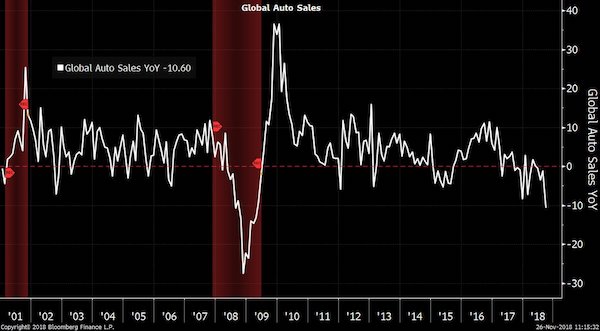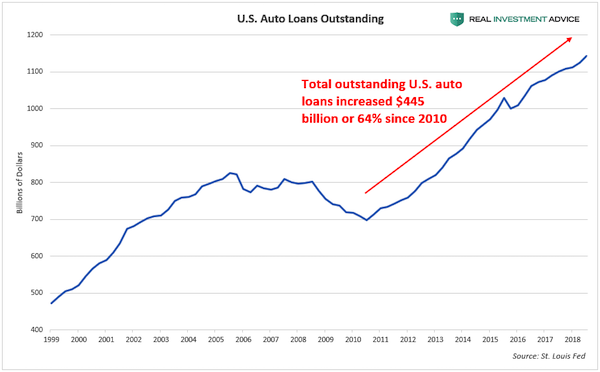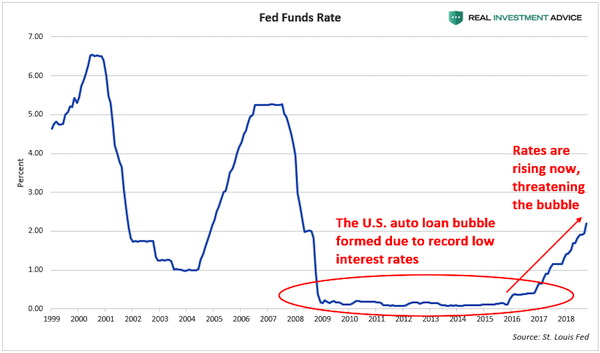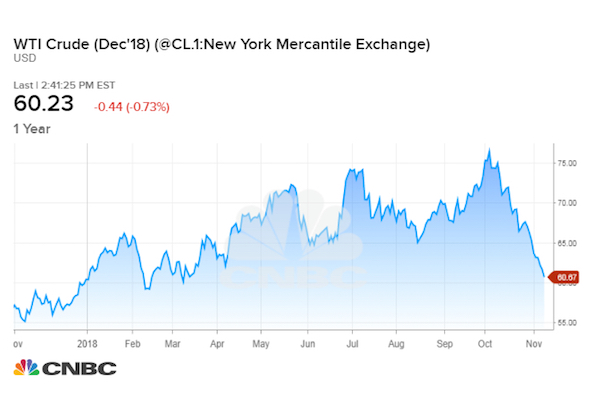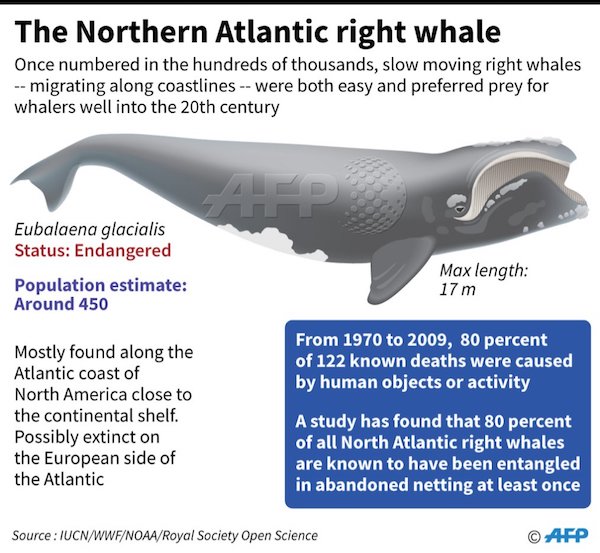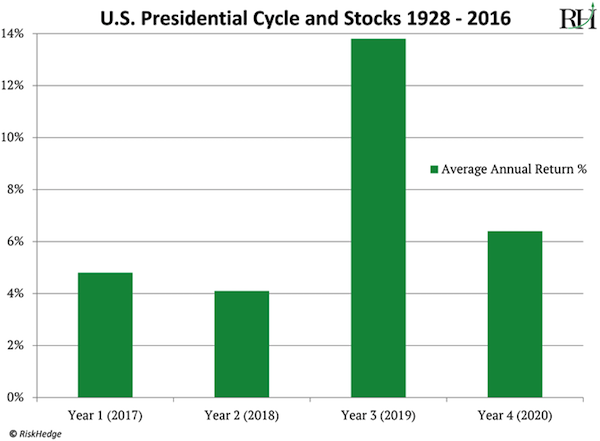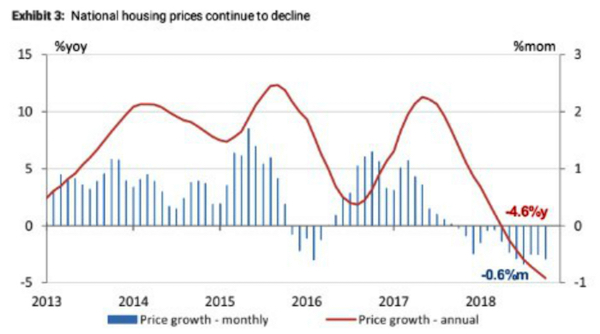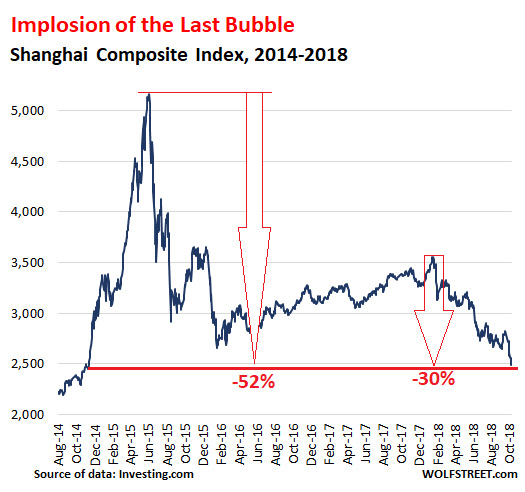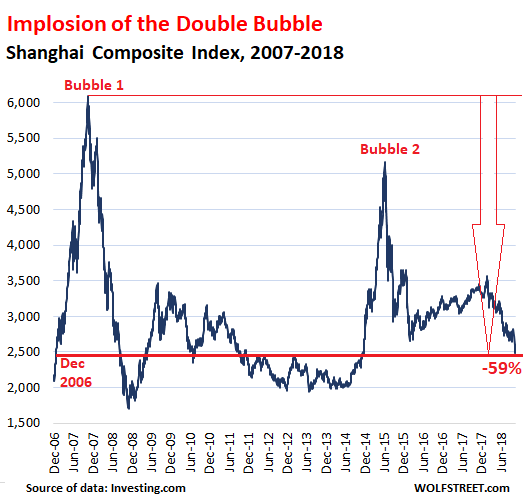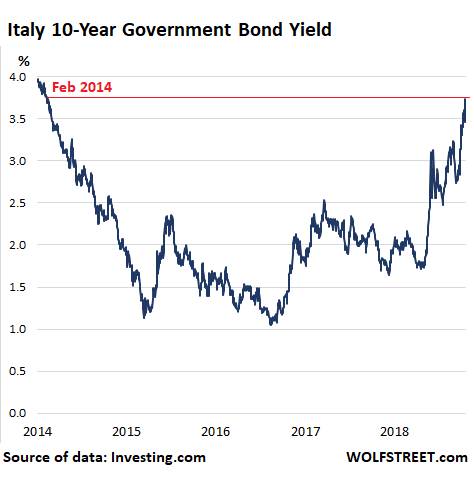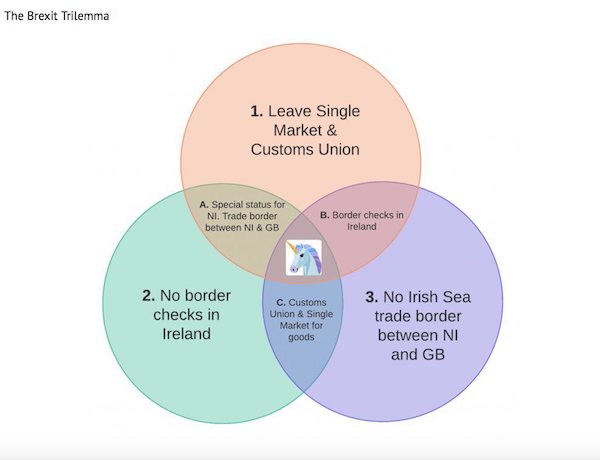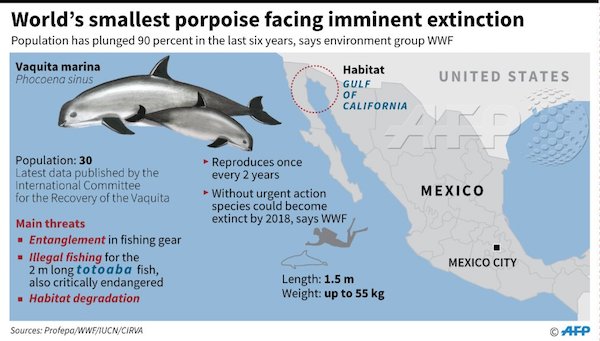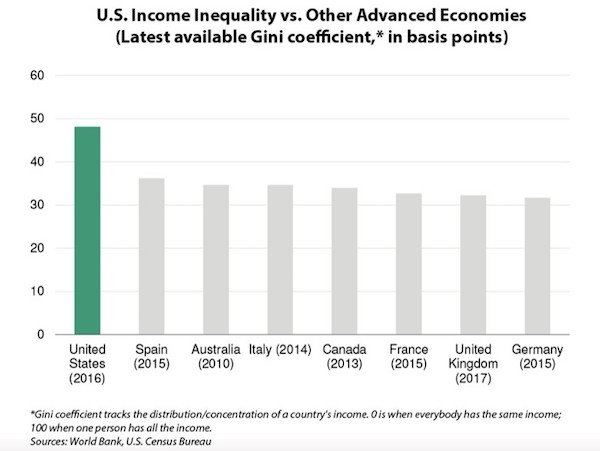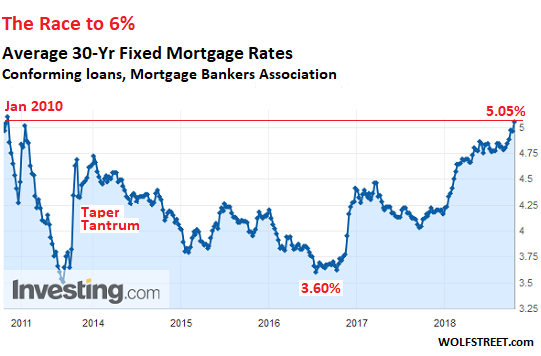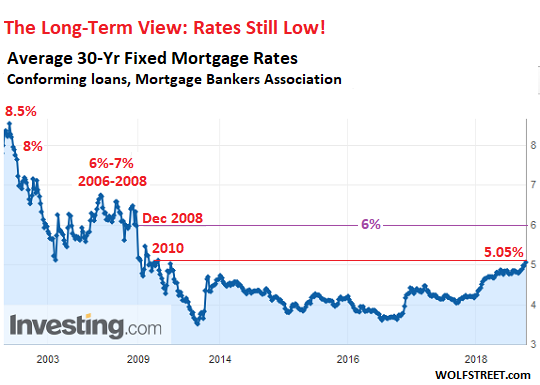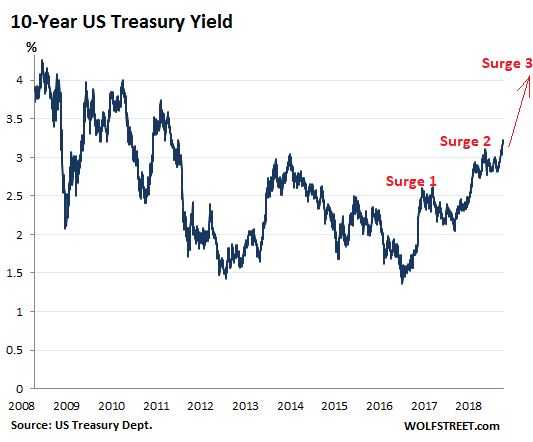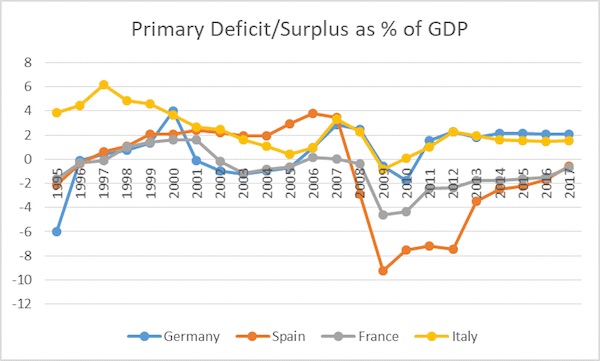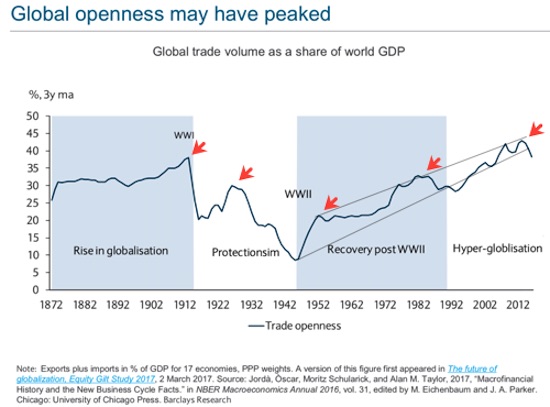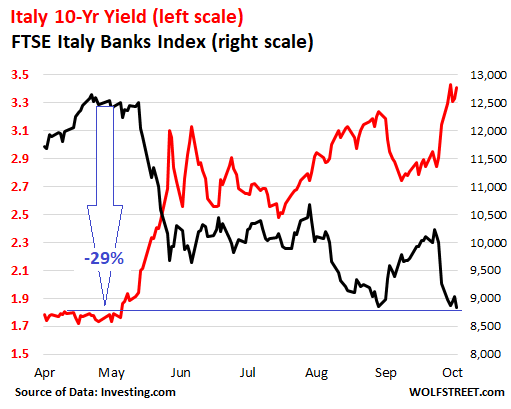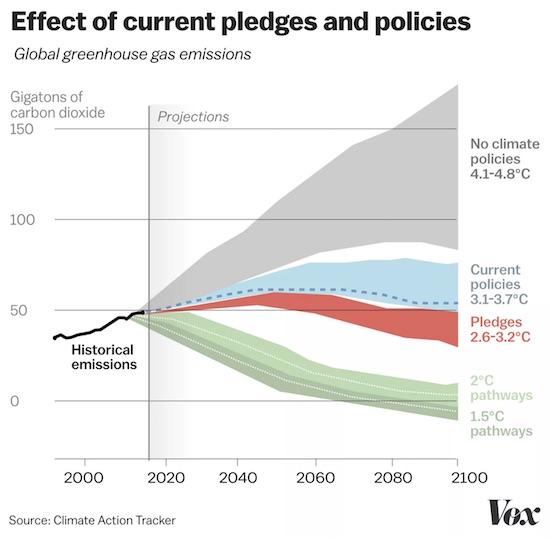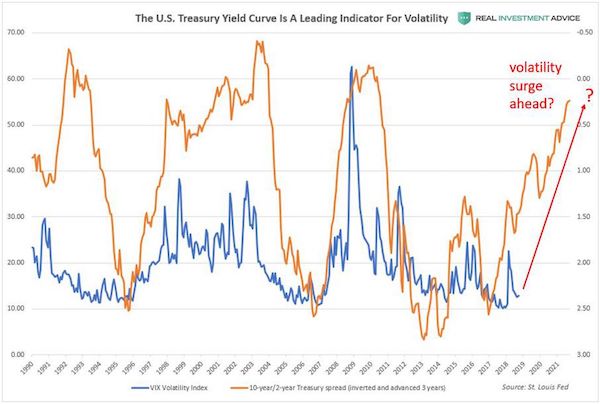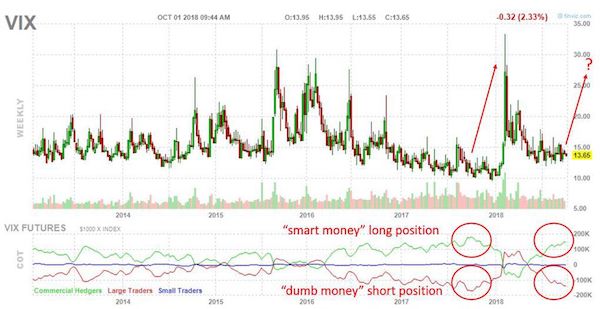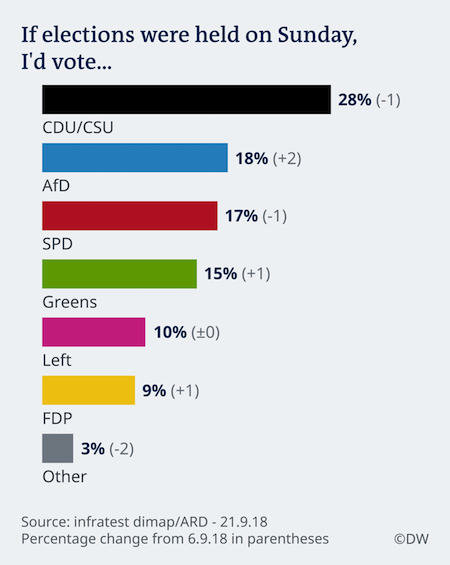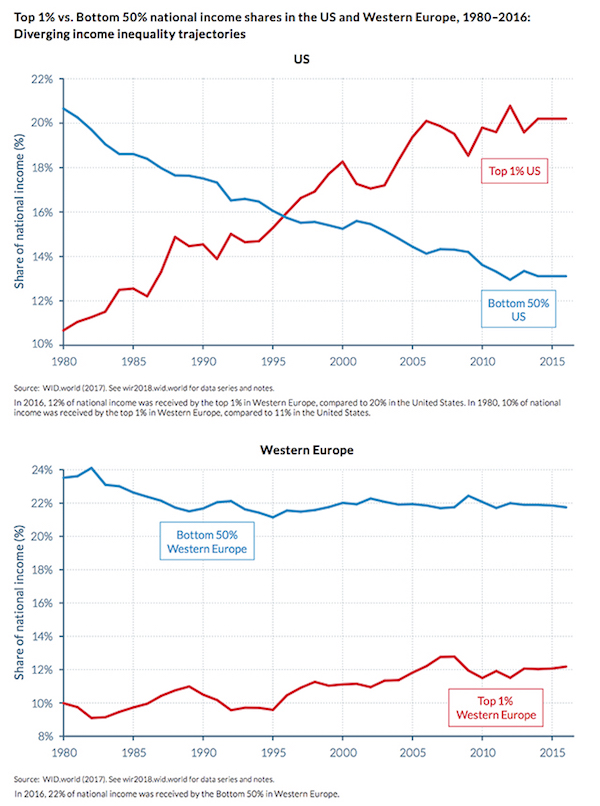
Richard Oelze The expectation 1936

JUST IN: Punxsutawney Phil sees no shadow, predicts early spring. pic.twitter.com/BsMser58Rt
— NBC News (@NBCNews) February 2, 2019

For some reason, found it very hard to find info on the Yellow Vests’ Act 12 yesterday. The media can’t be bothered.
But interesting that some French kangaroo court says sure, keep aiming at your people’s eyes with those Flash-Balls.
Oh, and Macron saying he’s a Yellow Vest too is priceless.
• ‘Gilets Jaunes’ Hold 12th Weekend Of Protests, Denounce Police Violence (EN)
https://twitter.com/i/status/1091617683160879104
Thousands of “gilets jaunes” (yellow vests) protesters marched through Paris and other French cities on Saturday for the 12th consecutive weekend of anti-government action, as they paid homage to those injured by police in previous demonstrations. Participants carried French flags and placards denouncing the government of President Emmanuel Macron, while a large banner showing photographs of people injured in clashes with police took centre stage at the march in Paris. The protest came after France’s top administrative court ruled on Friday that police could continue using controversial rubber-ball launchers against protesters.
Known as Defence Ball Launchers, the weapons fire rubber projectiles the size of golf balls, and have been blamed for leaving gilets jaunes with serious injuries including lost eyes and broken limbs. The judge said it was “necessary to allow police to use these weapons” because the protests were “frequently the occasion for acts of violence and destruction.” Around 1,000 police officers and 1,700 demonstrators have been injured since the protests began, according to official figures. [..] Macron launched a “Great National Debate” in a bid to resolve the crisis. On Thursday, he said that he too was a gilet jaune “if it meant being in favour of better salaries and having a more effective parliament.”
VIDEO: France's "yellow vest" movement demonstrate against alleged police violence in rallies across the country, as nearly 60 lawyers denounce the treatment of protesters in the courts pic.twitter.com/JGrfGyFcxI
— AFP news agency (@AFP) February 3, 2019

The French government has insisted there was ‘no indication’ the guy last week lost his eye to a police projectile. They really do everything wrong.
• More Rubber Bullets And Tear Gas At Yellow Vests Protests (DM)
Weapons including controversial rubber bullets were used against French Yellow Vests demonstrating on behalf of the ‘victims of police violence’ as they rioted in central Paris today. Heavily armed officers also used tear gas, baton charges and water cannons against members of the mass anti-government movement, who are named after their high visibility motoring jackets. They were staging their 12th Saturday in a row of demonstrations aimed at getting President Emmanuel Macron to resign. ‘We want him out, but we also want the police to stop wounding us with their Flash Ball weapons,’ said Jacques Caron, a 33-year-old Yellow Vest, who was on the street close to Place de la Bastille. The Interior Ministry reported 80,000 security officials had been deployed across France as the action erupted for a 12th successive Saturday.
In Valance in the south of France, the mayor said measures had been taken to prepare for about 10,000 demonstrators. Authorities fear up to 1,000 of those could be violent rioters. France’s top administrative court ruled Friday that police could continue using a rubber bullet launcher blamed for dozens of injuries during the Yellow Vest protests which have roiled the country since November. Last weekend Yellow Vest leader Jerome Rodrigues, 40, lost an eye after being hit by a fragment from a police projectile fired at him. Like others who have been mutilated in recent months, he said he was hit by a so-called Flash Ball – rubber projectiles fired from police guns. A bid to have them outlawed failed last week, and numerous officers were seen carrying them today.
There were 5,000 police and gendarmes standing by for trouble in the French capital today, and it started in the late afternoon when a march got close to Place de la Republicque. ‘Macron Resign’, the crowd chanted, as they threw bottles and anything else they could find at police. Huge white clouds of tear gas were smothering the area, covering rioters, as well as tourists. By 4pm there had been around 15 arrests in the Paris areas, many of them of suspected rioters carrying potential weapons, and for violent disorder. Rodrigues, 40, has bravely taken to the streets again this weekend after he suffered the life-changing injury. The French government has insisted there was ‘no indication’ he was injured by a police projectile.

This should have happened at least 3 years ago, so they could have contested the Brexit vote. Useless now.
• Rebel Labour MPs Set To Quit Party And Form Centre Group (O.)
A group of disaffected Labour MPs is preparing to quit the party and form a breakaway movement on the political centre ground amid growing discontent with Jeremy Corbyn’s leadership on Brexit and other key issues including immigration, foreign policy and antisemitism. The Observer has been told by multiple sources that at least six MPs have been drawing up plans to resign the whip and leave the party soon. There have also been discussions involving senior figures about a potentially far larger group splitting off at some point after Brexit, if Corbyn fails to do everything possible to oppose Theresa May’s plans for taking the UK out of the EU.
On Saturday night, three of the MPs widely rumoured to be involved in the plans for an initial breakaway – Angela Smith, Chris Leslie and Luciana Berger – refused to be drawn into talk of a split, and insisted they were focused on opposing Brexit. But they did not deny that moves could be made by the spring or early summer. Meanwhile, Brexit was being blamed for playing an “inevitable role” in the reported decision by Nissan to abandon plans to build its X-Trail model at its Sunderland plant. According to Sky News, the company will confirm cancelling plans to build the new version of the SUV on Monday, just 53 days before Britain is scheduled to leave the EU.
Sunderland Central Labour MP Julie Elliott said: “The constant uncertainty, the chaotic government. None of it is conducive to encouraging business investment in this country.” Leslie described rumours of a breakaway as “speculation” but said: “A lot of people’s patience is being tested right now. I think there are some questions we are all going to have to face, especially if Labour enables Brexit.”

Corbyn couldn’t have done worse if he tried.
• Labour Slump Gives Tories Biggest Lead Since General Election (O.)
The Conservatives have recorded their biggest lead since the last general election after support for Labour slumped by six points, according to the latest Opinium poll for the Observer. Theresa May’s party recorded a seven-point lead over Labour in the poll, its biggest since the disastrous election campaign that left her without a majority and relying on the support of Northern Irish DUP MPs. Labour’s support fell from 40% in the last poll to 34%, while Tory support went up from 37% to 41%. It comes despite continued infighting within the government over Brexit, including a record parliamentary defeat for the prime minister over her proposed deal.
The latest Opinium poll suggests that Labour has lost support from both sides of the Brexit debate. Labour has dropped five points among both remainers and leavers. For the first time since the election, less than half of remainers (49%) would opt for Labour. Approval for May’s handling of Brexit had increased slightly, while support for Jeremy Corbyn’s handling of the issue has slumped to an all-time low. May’s approval ratings on Brexit edged up slightly to -30%, with 25% approving and 55% disapproving. Her rating had been -33% a fortnight ago.
Meanwhile, Corbyn’s net rating on the issue is now -44%, with 16% approving and 61% disapproving. His rating was -40% in the last poll a fortnight ago. Only 42% of current Labour voters approve of the way Corbyn has responded to the government on Brexit, while a quarter (26%) disapprove.

Both existing leading parties in Britain are obsolete. Same as in so many other countries. What’s the big deal? Both Labour and Tories will be gone soon, but with leaving a giant Brexit hole behind.
• Voters Will Never Forgive Tories For A No-Deal Brexit Disaster – Minister (O.)
Voters will be right to turn on the Conservative party should it allow Britain to crash out of the European Union without a deal, one of Theresa May’s ministers has warned. With concerns rising about a no-deal Brexit across Whitehall and inside the cabinet, Richard Harrington, a business minister, said that such an outcome would turn “a crisis into a catastrophe”, with manufacturers already stockpiling at the fastest rate since records began in the early 1990s. His intervention comes as some cabinet ministers are understood to believe that they have less than two weeks to persuade the prime minister to back a delay to Brexit, before a vote in parliament could force her hand.
MPs are due to hold another round of Brexit votes on 14 February. One senior government source said it was now “increasingly hard” to see how Britain would leave on schedule at the end of March. Writing for the Observer, Harrington calls on MPs to “grasp the nettle” and force through an extension of Britain’s EU membership, should the government and parliament fail to agree an acceptable exit deal. He also issues a stark warning about the electoral consequences for his party should it allow the UK to crash out of the bloc. “I understand the concerns of some MPs about being seen to delay or frustrate Brexit,” he writes. “And I know that, for others, they just want to ‘get on with it’.
“But however bracing the prospect of instant liberation from the EU may feel in abstract, that sentiment won’t last long when confronted with the economic, legal and practical reality. In the chaos that followed no deal, voters would turn on the Conservative party, and rightly so. “So it is time to focus on what in the end matters most – supporting growth and jobs in the UK … a no-deal Brexit would undermine all our efforts. It would entrench the social and economic divisions in this country, not heal them. And it … would turn a crisis into a catastrophe. That is why on 14 February … parliament needs to rule it out once and for all.”

Talk about lousy timing. Austerity has been Britian’s main issue for years. But not now. Brexit is the big kahuna now.
• Corbyn Calls For Snap Election To Help Put An End To Austerity (G.)
Jeremy Corbyn has called for a snap general election during a meeting of anti-poverty charities in Glasgow. He said people who have experienced “the brunt of nine years of austerity” must be allowed a new vote. The Labour leader met with voluntary organisations and charities working to tackle poverty in south-west Glasgow on Saturday, where he criticised “Tory cuts” while pointing to double-digit yearly increases in food bank use and falling life expectancy in Scotland’s most populated city. “People are suffering under austerity as a direct result of Tory cuts in Westminster passed down by the SNP in Holyrood,” he said. “The people who are bearing the brunt of nine years of austerity cannot wait years for a general election. They need a general election now.”
Corbyn paid tribute to the volunteers and charities that have stepped in to support people who are suffering, but said people should not have to rely on the voluntary sector. “It is a disgrace that people are living on the streets and forced to rely on food banks in one of the richest countries in the world,” he added. “The SNP government has not just passed on Tory austerity, it has quadrupled it for local councils. And this week’s budget will mean another £230m in cuts that will hit local services the people of Scotland rely on. “There is a clear choice between more austerity or a Labour government that will put an end to austerity and build a country for the many, not the few.”

Enough colonies left still?!
• Queen To Be Evacuated If Brexit Turns Ugly (R.)
British officials have revived cold war emergency plans to relocate the royal family should there be riots in London if Britain suffers a disruptive departure from the European Union, two Sunday newspapers have reported. “These emergency evacuation plans have been in existence since the cold war but have now been repurposed in the event of civil disorder following a no-deal Brexit,” the Sunday Times said, quoting an unnamed source from the government’s Cabinet Office, which handles sensitive administrative issues. The Mail on Sunday also said it had learnt of plans to move the royal family, including Queen Elizabeth, to safe locations away from London.
In January an annual speech by the Queen, 92, to a women’s group was widely interpreted in Britain as a call for politicians to reach agreement over Brexit. Jacob Rees-Mogg, a Conservative MP and keen supporter of Brexit, told the Mail on Sunday he believed the plans showed unnecessary panic by officials over a no-deal Brexit as senior royals had remained in London during bombing in the second world war. But the Sunday Times said an ex-police officer formerly in charge of royal protection, Dai Davies, expected Queen Elizabeth would be moved out of London if there was unrest. “If there were problems in London, clearly you would remove the royal family away from those key sites,” Davies was quoted as saying.

A comment to an article at the Saker that was turned into an article, and copied by Zero Hedge. All nice and all until the anonymous writer says young people since they grew up on the internet are less brainwashed. I’d claim the opposite.
• “We Are The Meteor… They Are The Dinosaurs…” (Saker)
The dinosaurs that are in control of our nation are old and do not understand any other way of life other than vicious imperialism. They do not understand compassion, empathy, understanding, respect, or love. The world has been this way for thousands of years. We are attempting to transition from the old ways of conquering, war, domination, and enslavement into an entirely new dimension, but the Old forces are not allowing this transition to come easily. They are fighting with everything they have. They have full control over our nation’s mainstream media establishment, and furthermore they have full control over the world’s global financial system and how it operates. This gives them incredible power to get away with almost anything they want to get away with.
The reality is that most Americans, and I agree with you it’s not right, don’t pay attention to what is actually going on in the world. They have their cars, their houses, and they don’t think too deeply about the world around them. For the have-nots, aka the poor, they are too disenfranchised and homeless or whatever to do anything about it. Nobody is united. There are only small groups, and small pockets of resistance here and there. Previous attempts to break this mold, which were led by John F Kennedy, and Martin Luther King, ended in assassination. Not enough people questioned the official narratives, at the time, surrounding these assassinations. Very few question the events of 9/11 and very few people take a look at what is happening outside of what the mainstream media is telling them. People’s needs are generally taken care of, and that’s all that matters to them.
The only real hope now lies in the younger generations. Those who grew up with the internet. They are a little less brainwashed. They read alternative media. They have access to more information, and therefore, the truth. They are questioning things. They are angry about what is happening and what their country is doing. Furthermore, there is a growing sense amongst the general population that the “powers that be” and the mainstream media do not serve their interests. (Which is why Trump was elected). So I would not say that all hope is lost and the US is doomed to start WW3.

The Observer tries to go anti-populist, but trips up over the fact that Italy’s been falling for well over a decade, which actually caused the rise of populism.
• La Dolce Vita Slips Away Again As Italy Tumbles Back Into Recession (O.)
Sharing his predictions on the economy less than a month ago, Luigi Di Maio, the Italian deputy prime minister, believed the country was on the cusp of an economic miracle akin to the one enjoyed in the 1960s. “During that period we built highways, now we can build digital highways,” he enthused. His comments were met with derisive laughter. There was even less to laugh about on Thursday when figures revealed that Italy, which is saddled with a public debt of about 130% of GDP, had lurched back into recession for the third time in a decade. [..] Officials in Rome can only look back over the past 10 years with sadness. Italian GDP is about 5% below where it stood in 2008 and unemployment, which hovered around 6% before the financial crisis, remains stubbornly at just over 10%.
Poverty levels are up and there is little extra money in the kitty to invest for the future without increasing the country’s enormous debts. A budget forged by the coalition of Salvini’s League party and Di Maio’s Five Star Movement (M5S) was agreed in December after months of battling with the European commission. At issue was the debt mountain and how the coalition planned to increase it in breach of EU rules. The EU’s 3% annual deficit limit was safe, but the rule preventing member states from increasing already high debt-to-GDP levels was going to be contravened. A compromise was reached once the EU accepted forecasts for 2019 that showed Italian GDP increasing by an optimistic 1%.
With the economy now in recession as it enters the new year and GDP growth flat at best, the prospects for maintaining Italy’s debt mountain at 130% of GDP are slim. Lorenzo Codogno, a former chief economist at the Italian finance ministry, believes the budget has set Rome on course for another crisis. “All the leading indicators suggest the first quarter of the year will be as bad as the last, and the second quarter will be flat. It’s likely things will pick up from there, but even then, it will mean the economy finishes the year in a weak position,” he says. Salvini and Di Maio have put increases in pension entitlements and plans to introduce a basic income high on their agenda, along with taxes on banks and cuts to business tax reliefs.




